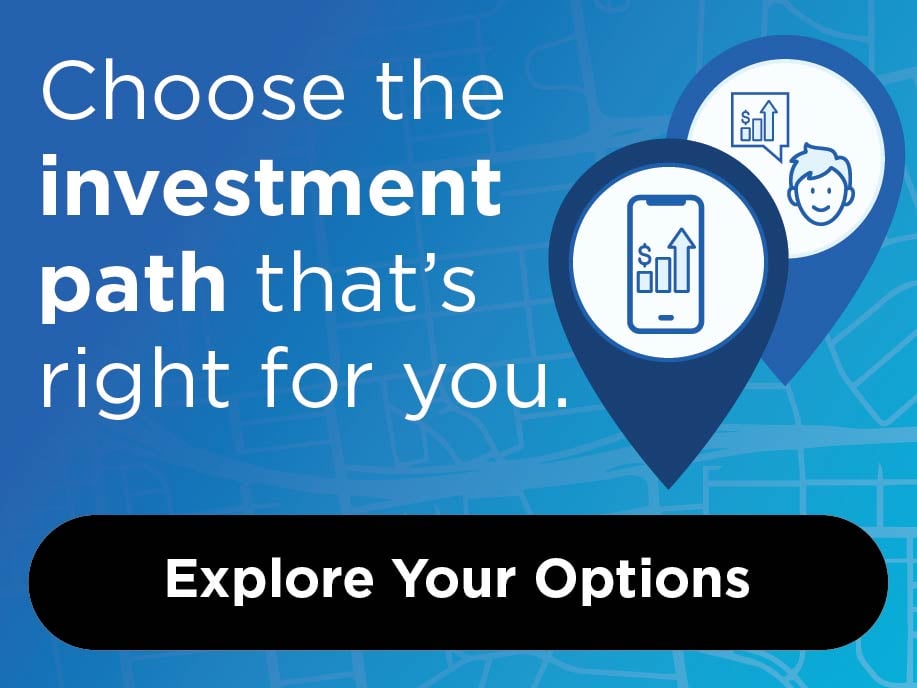
This article was recently published in CommunityAmerica's "Let's Talk Money" section of the Kansas City Star.
Going to college is a very exciting and pivotal time in a young adult’s life journey. They work hard in high school, going through all of the college preparatory steps of testing, touring, applying and finally, acceptance to the school of their dreams. Or is it acceptance to the school you can afford? Now you have to determine how much the college experience will cost. Let’s dive into the sticker price of post-secondary education, the actual cost to attend, alternatives to consider and resources available to you.
Why does college cost so dang much? And why does it vary from school to school?
Would you be surprised that – on average – it costs an institution about $7,000 more per year to educate an undergraduate student than that student is paying in tuition. Side note: tuition and fees are just one piece of the total cost of attendance pizza pie.
So, who’s covering the difference? Public support, in the form of state and local governments, covers 53% of total education revenue. Seems like a good share, right? To be fair, if it weren’t for public support, then college would likely cost more – possibly 53% more. So, yes, it could be worse. Public support, though, reached its peak in the late 1980s and has steadily declined since, so who’s picked up the extra cost? You guessed it – the student in the form of paying higher tuition.
Tuition is often influenced by a school’s responsibilities or values. For example, in-state students receive a lower price because the school’s mission is to educate residents of its own state. Private institutions, which may have flexibility in distribution of funds, may charge students different amounts. Research institutions may charge more due to the nature of their programs of study. Teaching salaries, pensions, and differences in cost of living also affect whether costs go up or down – because while trying to recruit top students, schools are also trying to recruit and keep top faculty and administrators.
My suggestion? Don’t let yourself be discouraged by a school’s high sticker price. Apply to a variety of schools, including public, private, in-state, and out-of-state, to see what your actual cost of attendance will be. Once you know that, consider the cost over the next two-five years and the amount of money you will make after graduation. Is it worth it?
It's a common misconception that everyone pays the "sticker price" for college. Use our handy College Cost & Compare Calculator to determine the cost you may pay based on your income level and location. If the cost seems too high, then consider alternative methods:
- Choose a less expensive school. If you’ve got what it takes to succeed, then you’ll likely be successful at almost any school you choose.
- Start at a community college. Save some money upfront or choose a career that only requires an associate degree.
- Work for a company that offers tuition reimbursement. Gain valuable work experience likely applicable to your college experience.
You can also influence cost by applying for scholarships, buying used books, or simply living frugally, and don’t forget to file your Free Application for Federal Student Aid (FAFSA) every year. The U.S. Department of Education awards more than $112 billion a year in grants, work-study funds, and loans to nearly 84% of college students.
Remember, though, if you want something you can only afford with student loans, I strongly encourage you to rethink. Use your resources wisely. Like I tell my 9-year-old, “Make good choices.” Or, more appropriately, like I tell the students I work with, “Don’t create a lifestyle you can’t maintain upon graduation.” Unfortunately, I have seen too many students create a lavish lifestyle on student loans that cost to pay back and often delay future wants, like buying a house or starting a family.
College can be expensive – very expensive, but it’s also an investment in yourself. While you may feel like you’re paying a lot, there are ways to shoulder the costs. Your future is worth having.
To discuss your future, schedule a free meeting with one of our College and Career Planners!





